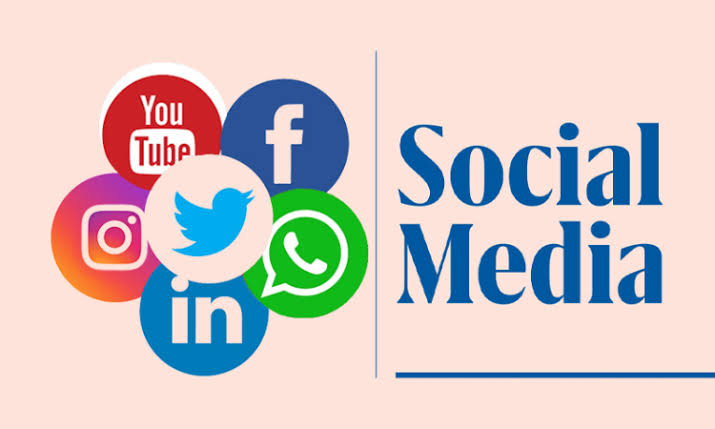In a world dominated by social media, a growing movement is urging individuals to distance themselves from popular platforms such as Facebook, Instagram, Snapchat, Twitter, and others. The call to action stems from concerns over the negative impacts excessive social media use can have on mental health and personal growth.
Advocates of this movement highlight three significant consequences that often arise from prolonged engagement with social media: ego inflation, reliance on external validation, and unnecessary comparison and contrast.
The phenomenon of ego inflation is a central concern. On social media, individuals can portray lives that differ vastly from their reality, leading to an inflated sense of self-importance. People can bask in the glory of countless likes and comments, falsely believing that they are exceptional or accomplished. However, the value derived from this virtual validation is superficial, and the stark contrast with their actual lives may leave individuals feeling unfulfilled and dissatisfied.
A related issue is the growing dependence on external validation. Social creatures by nature, humans seek social feedback to validate their choices and actions. However, social media provides an artificial and often unearned form of validation, where individuals can receive praise without tangible accomplishments. This dependence on virtual approval can undermine genuine personal growth and lead to a lack of self-assessment and critical evaluation.
Furthermore, the constant exposure to carefully curated posts and images on social media fuels the tendency to compare oneself to others and strive for an idealized version of life. People often find themselves yearning for experiences and possessions they see others flaunting on their feeds. However, this comparison is often distorted, as it fails to reflect the full reality of those experiences. The result is a homogenization of aspirations and an erosion of individuality.
The consequences of excessive social media use are not limited to individuals alone. As a digital marketer, Pascal Okeke has witnessed firsthand the detrimental effects of widespread social media obsession. He argues that excessive social media consumption displaces genuine physical effort and hard work required to achieve actual results. The constant pursuit of external validation and the preoccupation with maintaining a facade hinders productivity and authenticity.
Okeke emphasizes the importance of disconnecting from social media for a designated period, advocating for a month-long hiatus to encourage introspection. Going inward allows individuals to ask critical questions about their purpose and identity, free from the influence of external validation. This internal focus provides a foundation for personal growth, allowing individuals to define their own path rather than conforming to societal expectations.
In conclusion, the rising movement to limit social media usage reflects concerns about its negative impacts on individuals’ well-being, personal growth, and authenticity.




GIPHY App Key not set. Please check settings